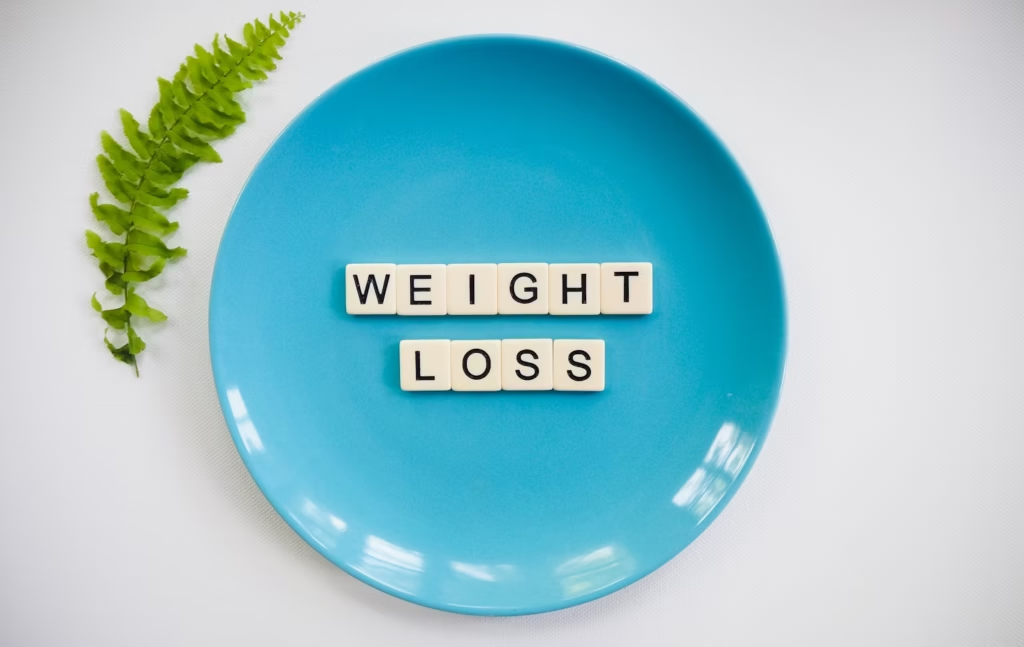Introduction
When it comes to losing weight, there’s no shortage of advice out there. Unfortunately, not all of it is accurate. Many popular beliefs about weight loss are actually myths—ideas that sound convincing but don’t hold up to science. Believing them can not only stall your progress but also leave you feeling frustrated and confused. Let’s clear things up.
Here are the top 5 weight loss myths you should stop believing today:
1. Myth: Carbs Make You Fat
Truth: Carbohydrates are not your enemy.
Carbs often get blamed for weight gain, but the real issue is overeating and poor food choices—not carbs themselves. Whole carbs like fruits, vegetables, and whole grains are full of fiber and nutrients that actually help you feel full longer. The real culprits? Refined carbs like white bread, sugary snacks, and soda.
Eating the right kinds of carbs in moderation supports energy, digestion, and even fat loss.
2. Myth: You Have to Starve to Lose Weight
Truth: Eating too little can backfire.
Drastically cutting calories may lead to short-term weight loss, but it often slows your metabolism. Plus, it’s not sustainable. You’ll likely feel tired, cranky, and hungry—all of which increase the chances of binge eating later.
Instead, focus on balanced, satisfying meals that fuel your body and support fat loss over time.
3. Myth: Exercise Alone Will Melt Fat
Truth: You can’t out-exercise a bad diet.
While exercise is important for health and weight management, it doesn’t replace good nutrition. Many people overestimate how many calories they burn during a workout and reward themselves with extra food.
To lose weight effectively, combine regular physical activity with healthy eating habits. The two work best together.
4. Myth: All Calories Are Equal
Truth: Quality matters, not just quantity.
Technically, a calorie is a calorie—but your body doesn’t treat them all the same. 200 calories from soda affect your metabolism differently than 200 calories from almonds.
Whole, nutrient-dense foods support fat burning, energy, and fullness, while processed foods often lead to cravings and weight gain. So yes, calories matter—but so does where they come from.
5. Myth: Weight Loss Is Linear
Truth: It’s normal to fluctuate.
Many people expect to see steady weight loss every week. In reality, your body weight can fluctuate daily due to water retention, hormones, or digestion.
Don’t panic if the scale goes up one day. What matters is the overall trend over weeks and months. Be patient, stay consistent, and trust the process.
Final Thoughts
When it comes to weight loss, knowledge is power. By letting go of these common myths, you can focus on what actually works—balanced eating, consistent movement, and healthy habits that last.
Got a myth you used to believe? Share it below—we’d love to hear your story!

